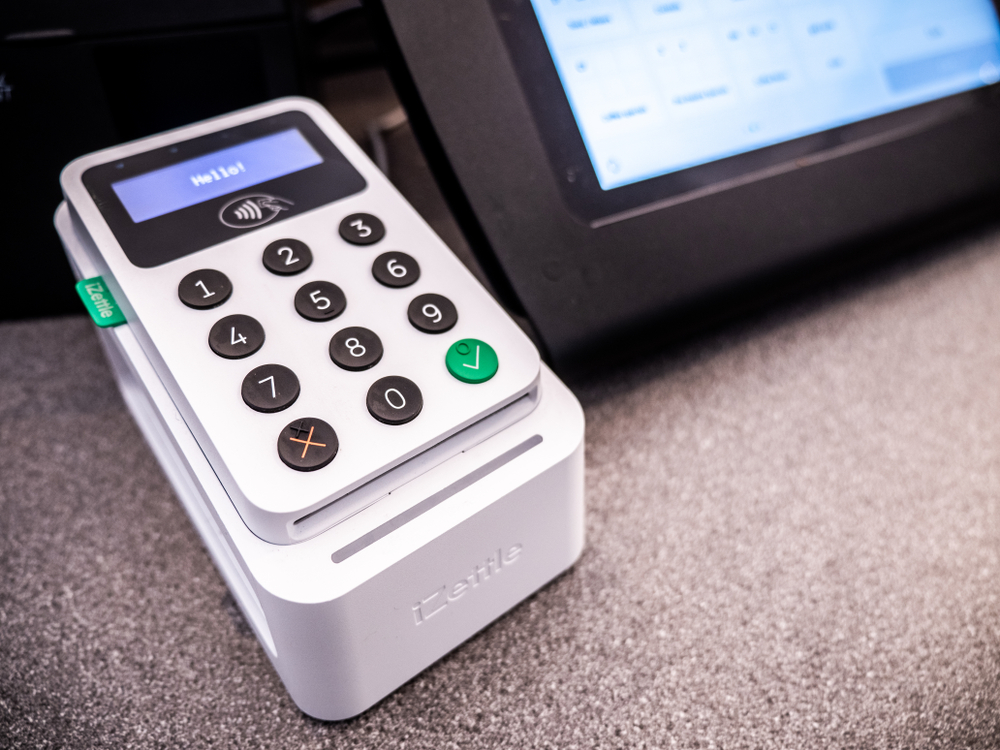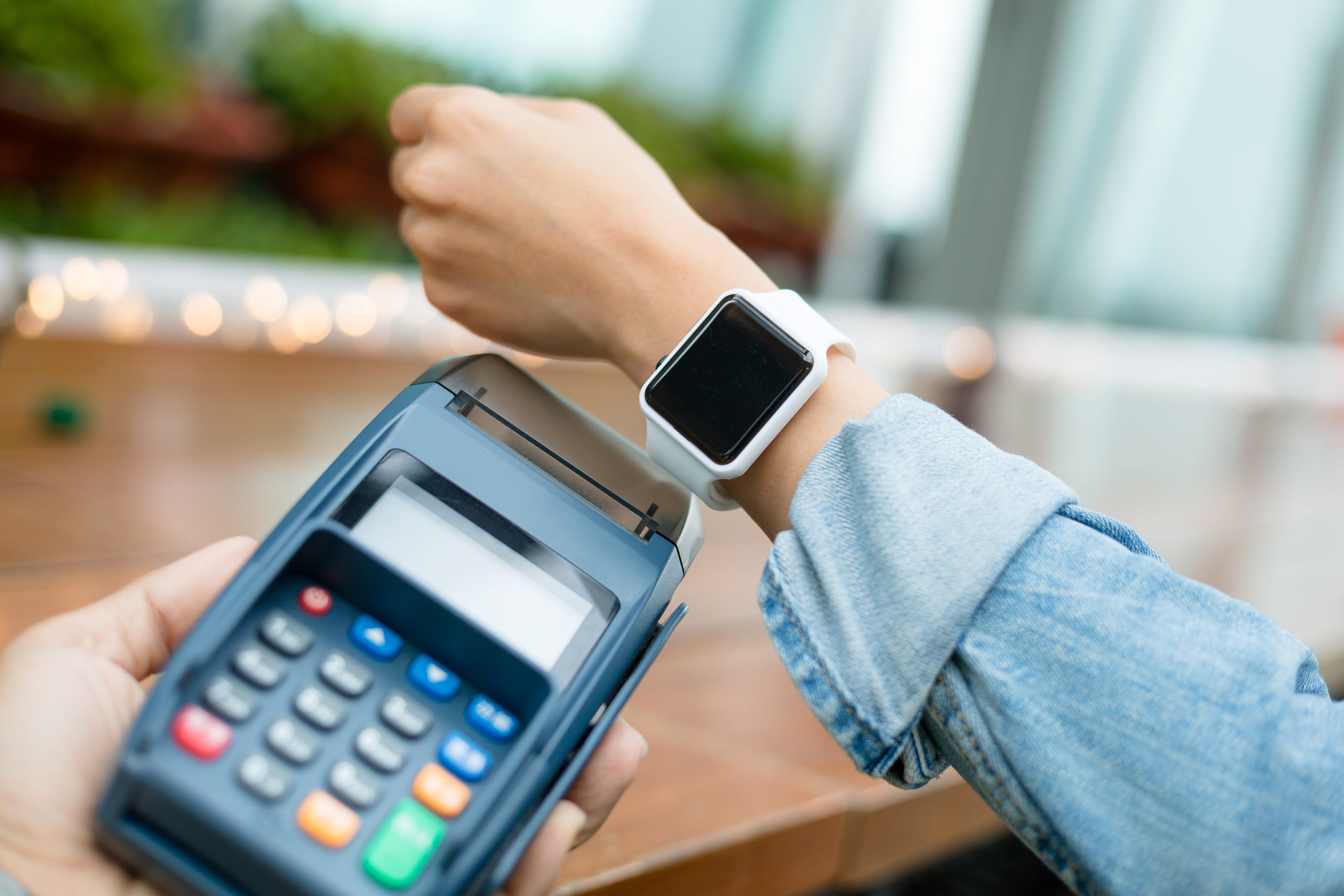Should You Install Cameras In Your Vehicles?
Vehicle tracking is a regular feature of fleet management for today’s businesses. The ability to gather data from your vehicles can be invaluable and offers greater insights into driver performance, fuel management, route planning and more. GPS systems aren’t your only source of information though, and there are systems available that can complement them.
Dashboard cameras, or dash cams as they’re popularly known, can be hugely beneficial when used alongside vehicle telematics. They also provide extra protection if something unpleasant happens and your drivers become involved in legal or civil proceedings. Here at Business Quotes, we believe that dashboard cameras offer significant advantages and are worth investing in.
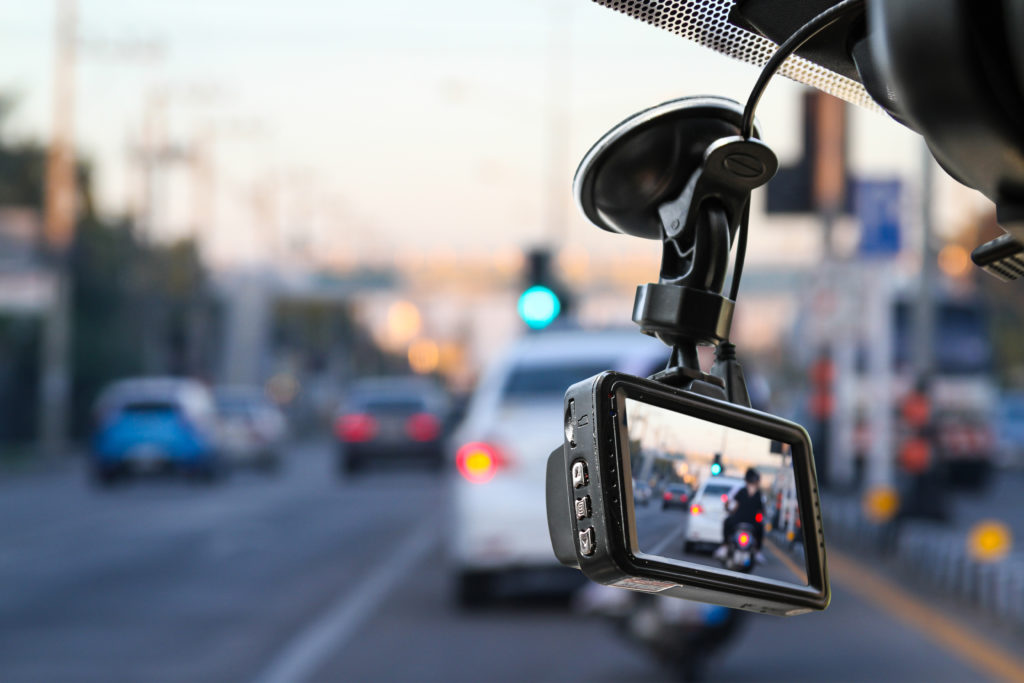
What Are Dashboard Cameras?
In their most basic sense, dashboard cameras are exactly what they sound like; cameras fitted to a vehicle’s dashboard. They continually record the road ahead, capturing all the drive details. The footage is either stored on a memory card or transmitted to a fleet management system, where it can be saved for later use.
Dashboard cameras have increased in popularity over the last few years. These little devices were once rarely seen, but demand skyrocketed between 2017 and 2018 as they became cheaper. Footage from dashcams is now used to support Police investigations and insurance claims. You’re even likely to see video clips of bad driving go viral on social media.
Many types of dashcams are available, but generally, they tend to fall into five categories.
Forward-Facing Dashcams
These are the most common types and record everything in front of the driver. Because they only capture the road ahead, they won’t help if your vehicle is struck from behind or side-on, but they are widely available and usually the cheapest option.
Dual-Facing Dashcams
Dual-facing dashcams record everything in front of and behind the vehicle simultaneously. They provide a 180-degree view of the road and can be installed in any type of vehicle. They are very useful in insurance claims if your drivers are struck from the rear or if something occurs behind them before a collision, such as tailgating.
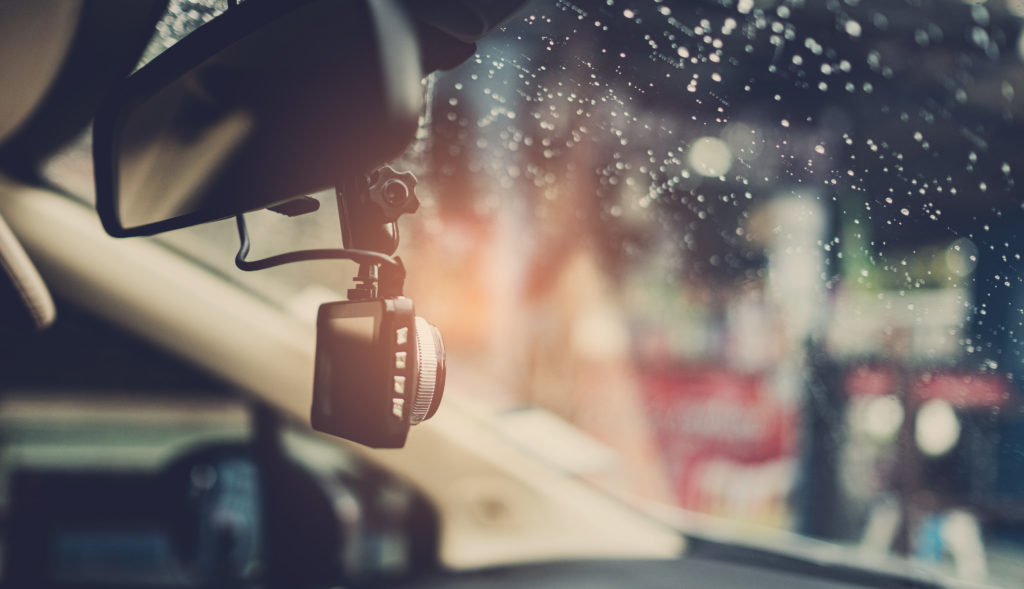
Internal Cameras
You may see these referred to as ‘cabin cameras.’ They record the driver’s actions rather than anything outside the vehicle. You often see them installed in public transport vehicles as they offer an extra degree of protection for drivers. If passengers complain about unprofessional behaviour, the footage can determine whether their claims are accurate. Plus, they discourage taxi passengers from assaulting or robbing drivers.
External Cameras
These are cameras mounted outside the vehicle and they’re normally used to cover blind spots. External cameras are most commonly used in larger vehicles like buses or articulated lorries. Certain makes can be linked to screens inside the cabin and give a live feed to the driver, allowing them to see cars or other road users who they would otherwise miss.
360-Degree Cameras
360-degree cameras are comparatively rare. They are the most elaborate dashcam systems you can buy and offer a comprehensive view around the entire vehicle. However, they’re normally very expensive, and fitting them to an entire fleet can be costly.
The Benefits Of Dashboard Cameras
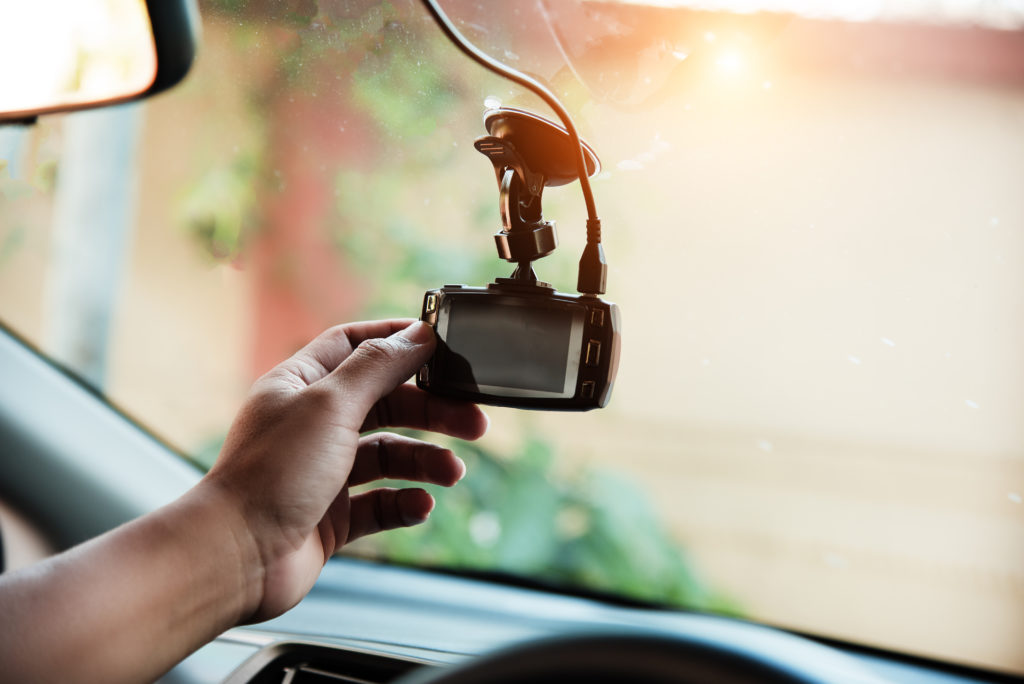
Dashboard cameras are a worthy investment for businesses and offer a range of benefits. For starters, they offer greater protection in civil and criminal cases. We’ve already touched on this briefly, but let’s imagine one of your vehicles is involved in a collision. There are no independent witnesses and the other party claims your employee’s reckless driving caused the accident.
Luckily, you’ve got cameras installed that reveal what genuinely happened. They show your vehicle driving normally when the other driver accelerates up behind them, flashes their headlights and tries to overtake, only to misjudge the gap and cause the accident. Your driver is acquitted, and the other one is held responsible. If you didn’t have the camera, there’d be no evidence, and you’d likely be stuck with a 50/50 claim and a sizeable insurance claim.
Dashcams are also helpful when used in connection with tracking systems. They add more context to the road conditions and provide additional insights. For instance, you might audit a delivery route and notice that some of your drivers are taking longer than others. You consult some of the saved video footage and realise there’s a major industrial plant on the road, and the traffic is heavier when the workers’ shifts finish. This spares the need for an internal review, and also means you can plan an alternative route during peak times. You don’t have to get any employees in for an awkward conversation and can improve delivery times and save fuel costs.
Dashcams are an excellent way to protect your business and your staff from unwanted complaints or allegations. They can also be beneficial when used alongside GPS tracking devices to monitor traffic patterns and driver behaviour.
It’s well worth taking some time to examine what kinds of vehicle tracking systems can improve the performance of your fleet, and Business Quotes can help you choose the right one. Click on the banner below and see what we can do.
Categories: Advice, Vehicle Tracking
Tags: business vehicles, dash cam, dashboard camera, dashboard cameras, vehicle track, vehicle tracking

